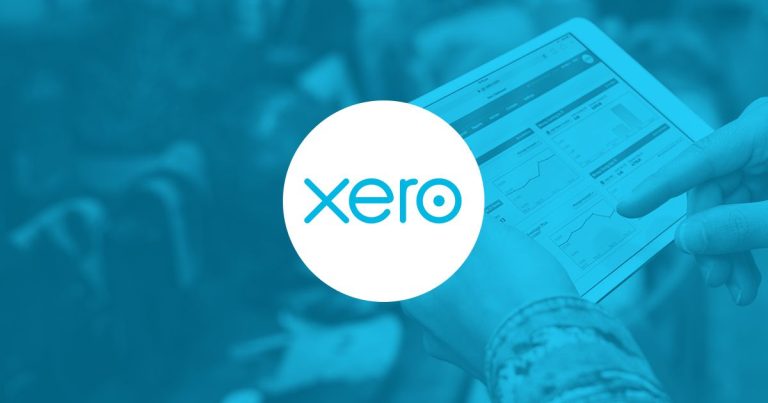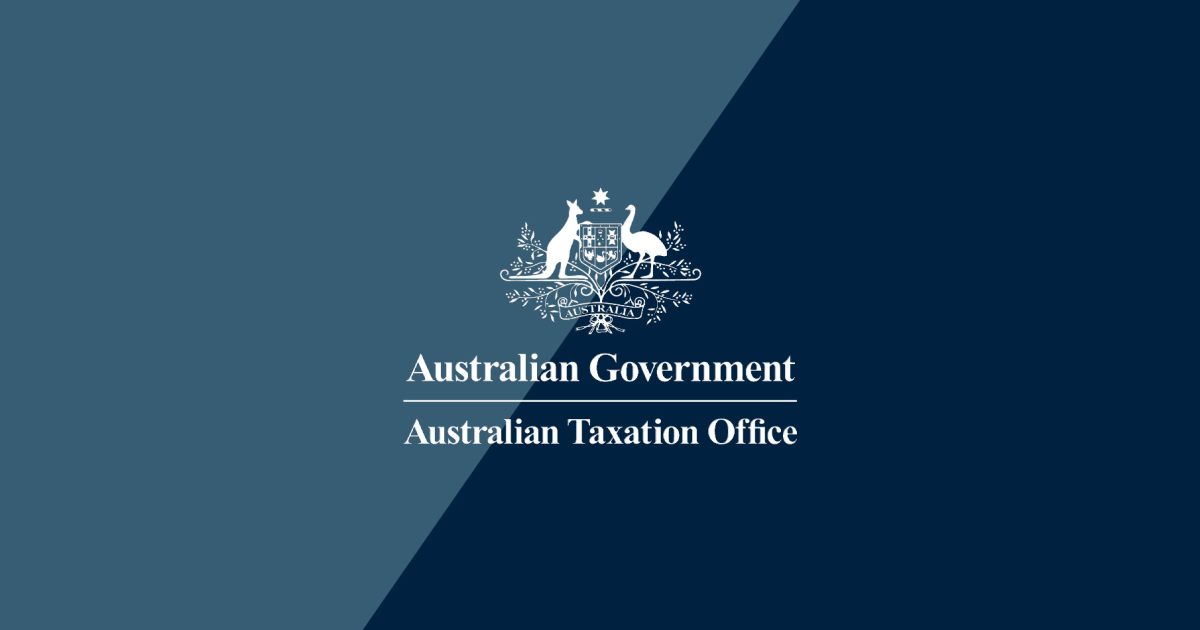After a couple of years of the ATO being reticent to take any kind of recovery action on outstanding tax debts, recent months has seen the ATO collection tools being ramped up again. One of these collection tools is a Directors Penalty Notice (DPN).
We have been advised that the ATO is currently issuing over 100 DPN’s each day. The ramifications of receiving a DPN are severe and some type of action needs to be taken quickly to protect the Director’s position.
So what is a DPN?
DPN’s are formal notices sent by the ATO to directors personally that give the business a time limit to take various actions to deal with the outstanding debt. The main ramification of not taking the correct action within the relevant time, is that the director then becomes personally liable for the debt. The main DPN issued by the ATO relates to liabilities that are overdue for an extended period. The directors will be made personally liable for the outstanding debts if the company does not take one of the following actions within 21 days of the DPN;
- Pay the debt in full.
- Appoint a liquidator to the company.
- Place the company into voluntary administration.
- Appoint a small business restructuring practitioner (for companies with a debt below $1M).
As you can see from the tight deadline (ie 21 days) there are some quick and important decisions to be made once you receive a DPN. Hiding your head in the sand is the worst possible thing you could do. You must consider your options and move quickly to put the plan into action. The biggest decision to be made revolves around whether you think the business has a future. If you believe the business is viable then you may consider continuing to run the business even though, by doing so, you may expose the directors to personal liability for the outstanding company debts. This is a big decision to make as, prior to the expiration of the 21 days, the directors are still protected from personal liability for the outstanding debts. It is a big decision to make!
Please note, negotiating a payment arrangement with the ATO after receiving a DPN, does not protect the directors from personal liability for the debts. If you default on the payment arrangement then the actions available under the original DPN are still available and the ATO can take action against the directors personally to recover the outstanding amounts.
There is another type of DPN as well – a lockdown penalty notice. This is issued when there is PAYG or superannuation amounts unpaid and there is a failure to lodge company returns within 3 months of due date. In this situation, to avoid personal liability, the director must pay the debt in full. Putting the company into liquidation or voluntary administration will not protect the director from personal liability on this type of DPN.
All in all, if you have outstanding debts with the ATO, you need to keep an eye out for a DPN being received. Both current directors, and directors who have resigned (if they were in office while the debt was accrued), can receive DPN’s. If you receive a DPN you need to get advice immediately to ensure you, as a director, are protected from personal liability for the debt, if at all possible. The actions needed to avoid personal liability are quite clear. It is just a matter of deciding whether you think the company has a future. If you think it does, then you may want to continue trading knowing that, if things do not improve, that you will be personally liable for the debt. That is a big decision and all ramifications need to be taken into account before deciding on a course of action.
Should you receive a DPN please contact your client manager immediately to work out the best course of action for you.
Author – Michael Goodrick
*Correct as of 27 September 2022
*Disclaimer – this article has been produced by Kreston Stanley Williamson as a service to its clients and associates. The information contained in the article is of general comment only and is not intended to be advice on any particular matter. Before acting on any areas contained in this article, it is imperative you seek specific advice relating to your particular circumstances. Liability limited by a scheme approved under professional standards legislation.














